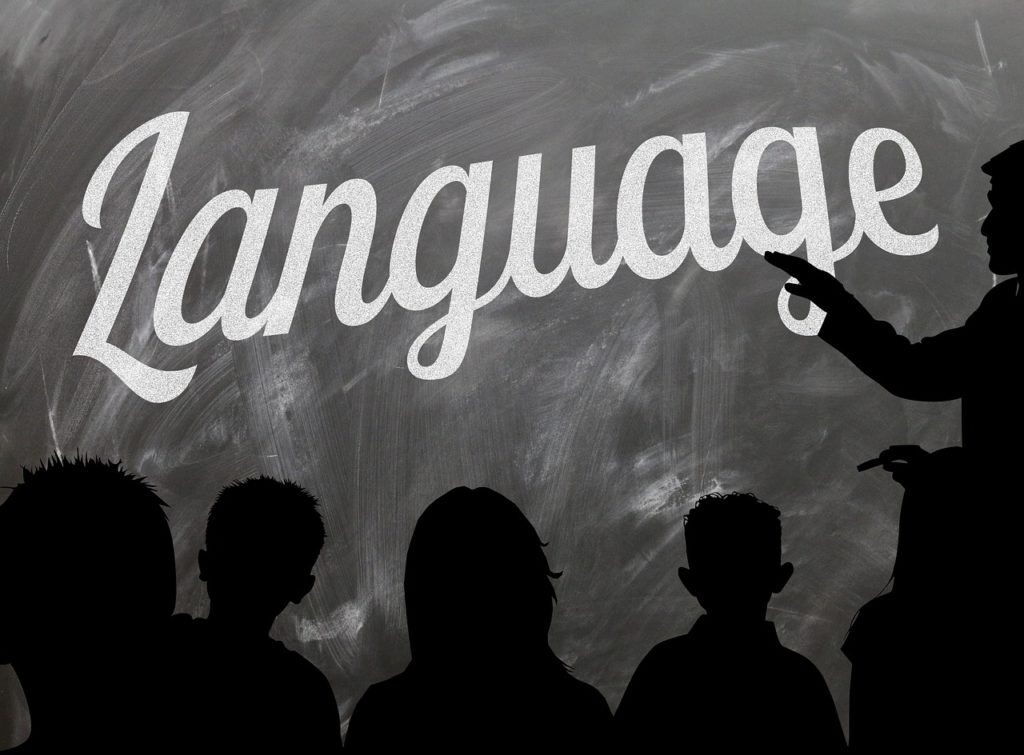The study of language is much more than learning tenses or how to ask for iced tea in Germany. You must gain knowledge of other cultures and ways of life. A second language makes you better equipped for employment in an array of sectors. This includes business, education, health and tourism. It also makes travel a more rewarding and interesting experience.
It is becoming increasingly common for students to study a language alongside another subject. Many third-level courses now include a foreign language as an optional subject. Therefore, you can gain fluency without taking a dedicated course.
Education
French, German and Spanish are the most popular language choices at third level. However, there is a wide range of other language courses for students to choose from. Students should consider Chinese, Russian, or Irish as part of their Arts or Business degrees.
Language courses typically comprise two components. Firstly, students learn the language and communication skills. Secondly, students learn about the culture and history surrounding the language. Courses cover areas such as grammar, comprehension, composition, textual analysis, and linguistics. They also examine the literature, culture, politics, history, and society. Interpreting and translation skills are taught during the latter part of a language course.
Most language student spend a year studying abroad. By living among native speakers and absorbing the local culture, students deepen their knowledge of a language’s intricacies.
Level 5 Certificates in Language & European Studies are available at PLC level from several Colleges of Further Education.
The Work
The most obvious career routes for graduates are teaching, interpreting, and translating. As a general rule, interpreters work with the spoken word, while translators deal with the written word.
However, language skills are also highly valued in other sectors. There are opportunities for graduates in areas such as international business, marketing, exporting, communications, IT, and tourism. In addition, graduates work with EU institutions and the Irish civil service.
Competition for interpreting and translating jobs is high. Therefore, many graduates augment their career prospects with a postgraduate qualification. Interpreters convert the spoken word from one language to another, often in real-time, as a person is speaking. They may find work with international agencies, such as the United Nations, or as freelancers at conferences or in the courts.
Translators, on the other hand, may work on books, articles, technical instructions, and law documents. They will often need to have specialist knowledge of the subject with which they are dealing; some translators will have a formal education in their subject area, such as history or engineering, while others gain experience as their career progresses.
Many IT and manufacturing companies now employ translators for the localisation of software packages or programmes; that is, the translation of software for different markets.
As with interpreters, translators may also often find work as freelancers, either through contacts or through a translating agency.
A real love of language is a must for any aspiring translators or interpreters. You must be capable of concentrating for long spells and of working well under pressure – especially for interpreting in front of large crowds or in difficult situations. Good writing skills are another essential tool for translation work.
Did you know?
Mandarin Chinese is the most widely spoken language in the world. It is spoken by approximately 14. 1 percent of the world’s population.












Comments